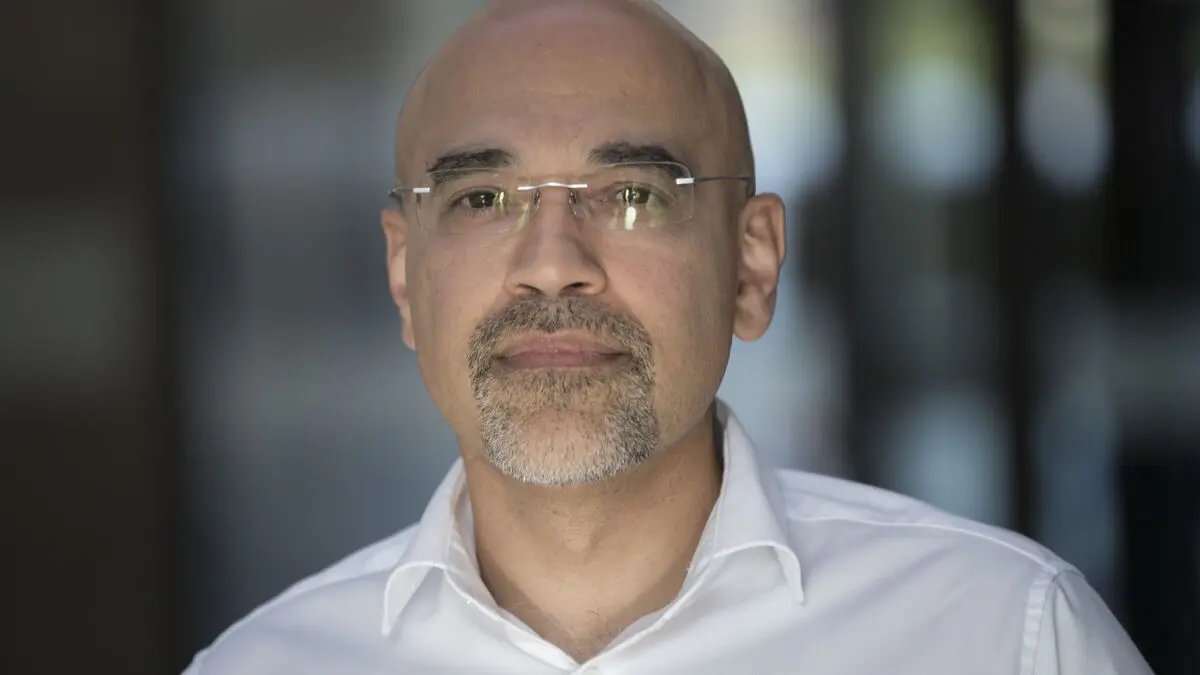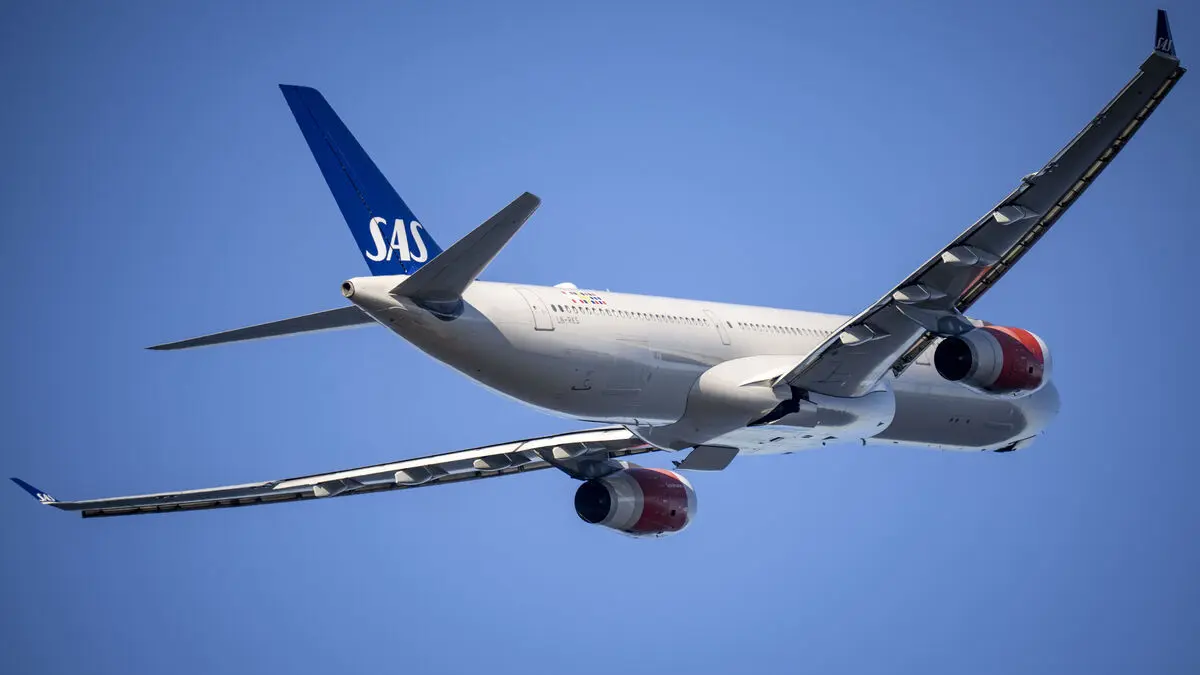USA and Europe will jointly provide security guarantees for Ukraine, is the message after Monday's summit at the White House. The question is how loose the promise of security guarantees hangs – and what they exactly mean.
Trump maintains that Ukraine will not be able to join NATO. Without NATO membership, Ukraine cannot rely on the security of Article Five, which NATO allies are covered by and which means that all countries have a joint responsibility to contribute to defending NATO member countries.
Strong Ukrainian army
Different countries also have different conditions to make the promised security guarantees to Ukraine a reality in a sharp situation, notes Kjell Engelbrekt, professor of political science at the Defense University.
In France, the executive power is very large with the president, so they could quickly decide to send ground troops to Ukraine. In Germany and Sweden, however, anchoring is required for such decisions in the parliament, he says.
Just like during the pandemic, the government, via the parliament, can be given extended power through a promise. This so that it can quickly be possible to scale up, for example, ground troops without waiting for a parliamentary decision. For the security guarantees to Ukraine to become robust, such promises are required in EU countries, according to Kjell Engelbrekt.
Has Sweden prepared for such a process?
No. But Sweden is one of the countries that is willing to make these commitments. Since there is strong political support for Ukraine, I do not think it is difficult to get this through.
Requires ceasefire
The promised security guarantees for Ukraine can, according to Engelbrekt, be coordinated already this autumn and, when it comes to some countries, a bit into next year. As Friedrich Merz and Emmanuel Macron have already emphasized, however, a ceasefire in Russia's war against Ukraine is required as part of this process.
One does not want war to be ongoing during the weeks required to get these promises in place. Then the entire peace process can break down, says Kjell Engelbrekt.






